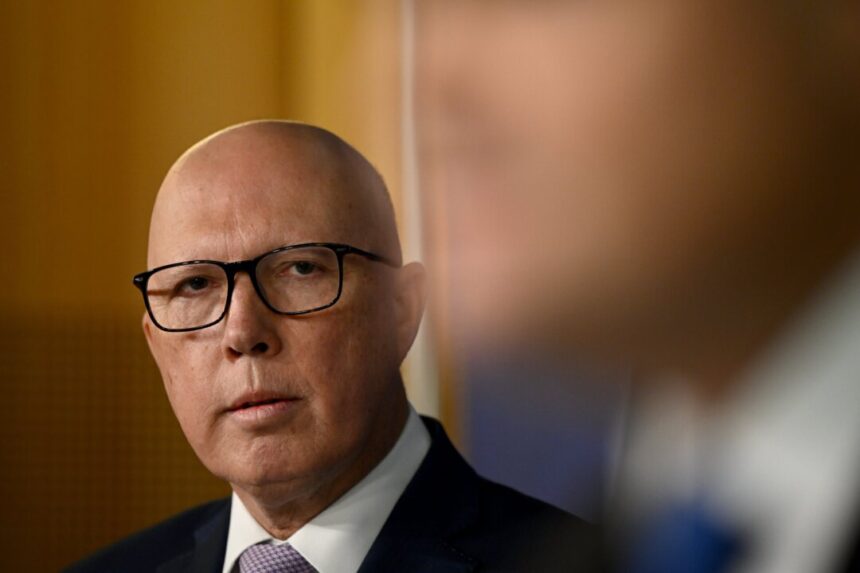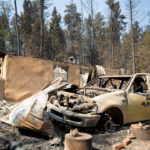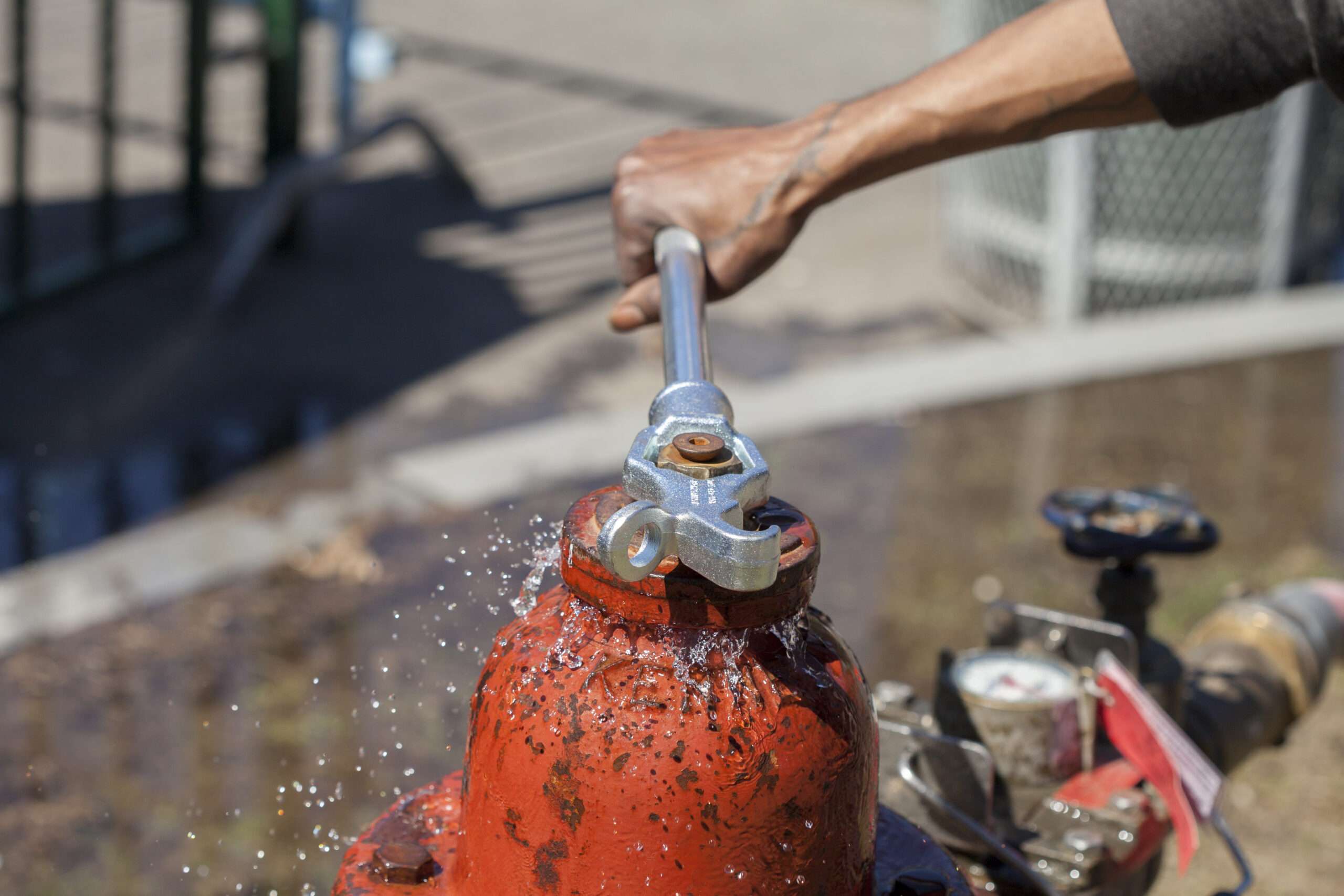South Australia’s opposition leader showed the most explicit support for nuclear energy among the state leaders in Australia.
He also said there was significant investment in renewable developments and changing course now would be a “sovereign risk.”
“We’ve got $30-odd billion of private capital invested in renewable energy,” he said. “If all of a sudden you were to introduce nuclear power, that investment is at real risk.”
NSW Opposition Leader Mark Speakman said he did not have “enough detail,” but was open to nuclear.
“We shouldn’t be banning nuclear outright, it should subject to the same rigorous assessment any major project is,” he told 2GB on June 20.
South Australia
Meanwhile, Premier Peter Malinauskas said the federal opposition was defying “market economics, science, and evidence.”
“My concern is exclusively around cost. What we know from all the independent research that is out there is that nuclear power in the context of the Australian energy market is actually going to drive up prices rather than driving down,” he told Sky News on June 20.
“There’s only one or two things that have happened. Either Peter Dutton knows how much the cost is and he’s refusing to tell us—or, even more scary, he’s announced a policy without even knowing how much it’s possible.”
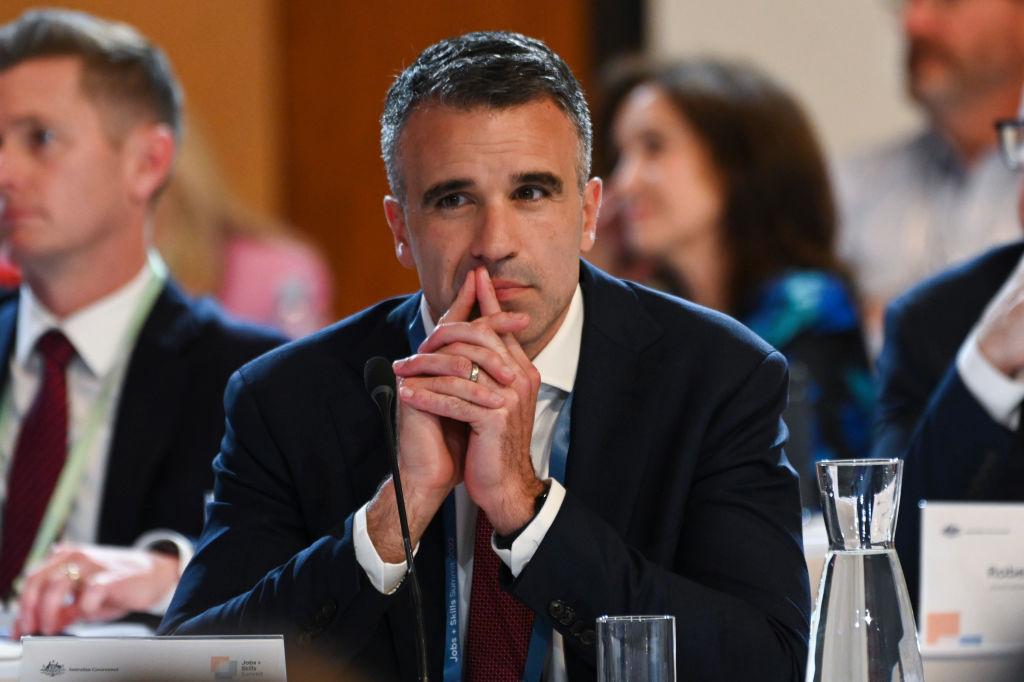
However, state Opposition Leader David Speirs was one of the few leaders to display overt support for nuclear.
“If elected in 2026, the South Australian Liberal Party is committed to establishing a Royal Commission into the potential for civil nuclear energy generation in South Australia, so that we can make informed decisions about the future of energy in our state, and create a long-term plan to make electricity more affordable and reliable for all South Australians.”
Mayor Dean Johnson said a local ballot conducted to gauge support found 61.6 percent of voters in favour of the site, compared to 38.4 percent.
Western Australia
WA’s Energy Minister Reece Whitby was harsh in his assessment saying there was more chance of seeing a “unicorn.”
“This is a recipe for disaster. It’s a recipe for massive increases in power bills. On any measure it simply does not make sense,” he told ABC Radio Perth.
“In Australia, we have no legislative or regulatory framework. We have no workforce. We have no experience. It’s going to take years and years and years, and billions of dollars of taxpayer subsidies to support this.
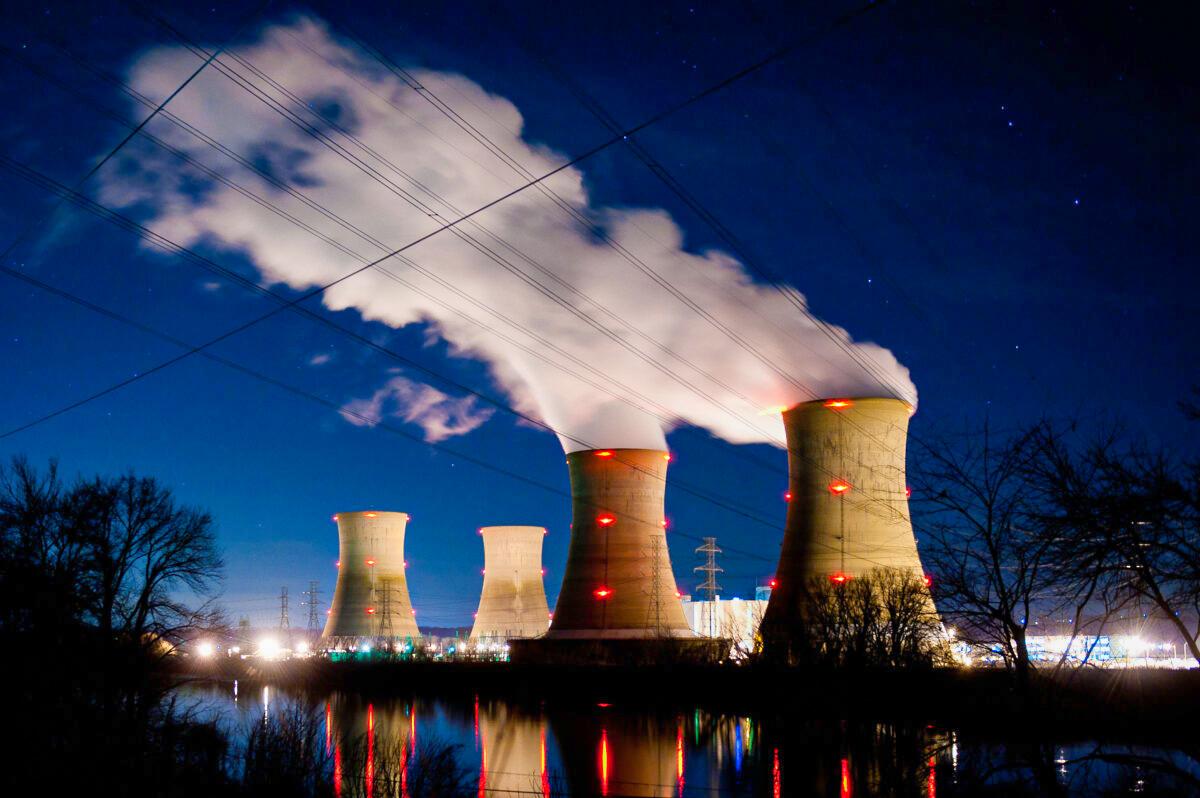
“You’ve got more chance of seeing a unicorn trotting down St Georges Terrace than you have of nuclear power being a feasible and reliable option for our energy system.”
The opposition again left the door open.
“I’ve always said I’m not afraid of nuclear energy,” said opposition energy spokesperson Steve Thomas.
“But the business case has to stack up and the community support has to be there to go ahead.”
Can you rewrite this sentence?
Source link


